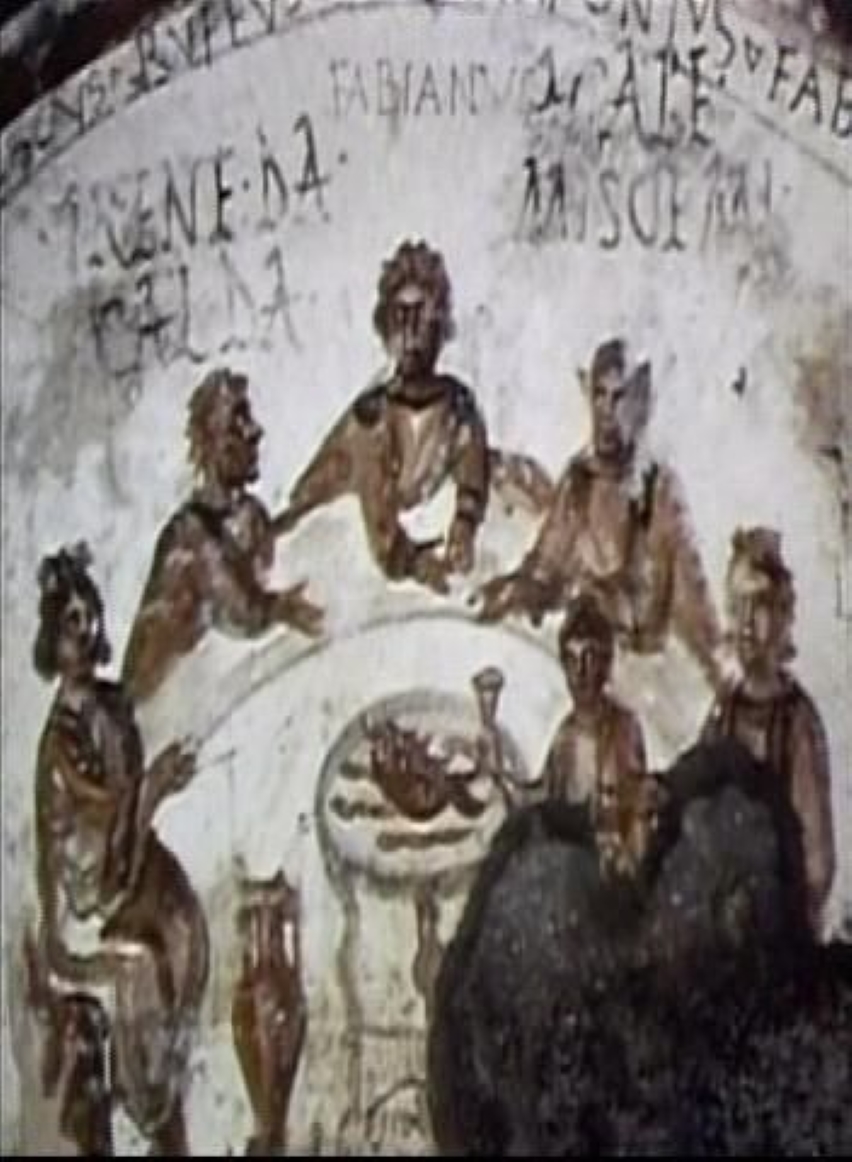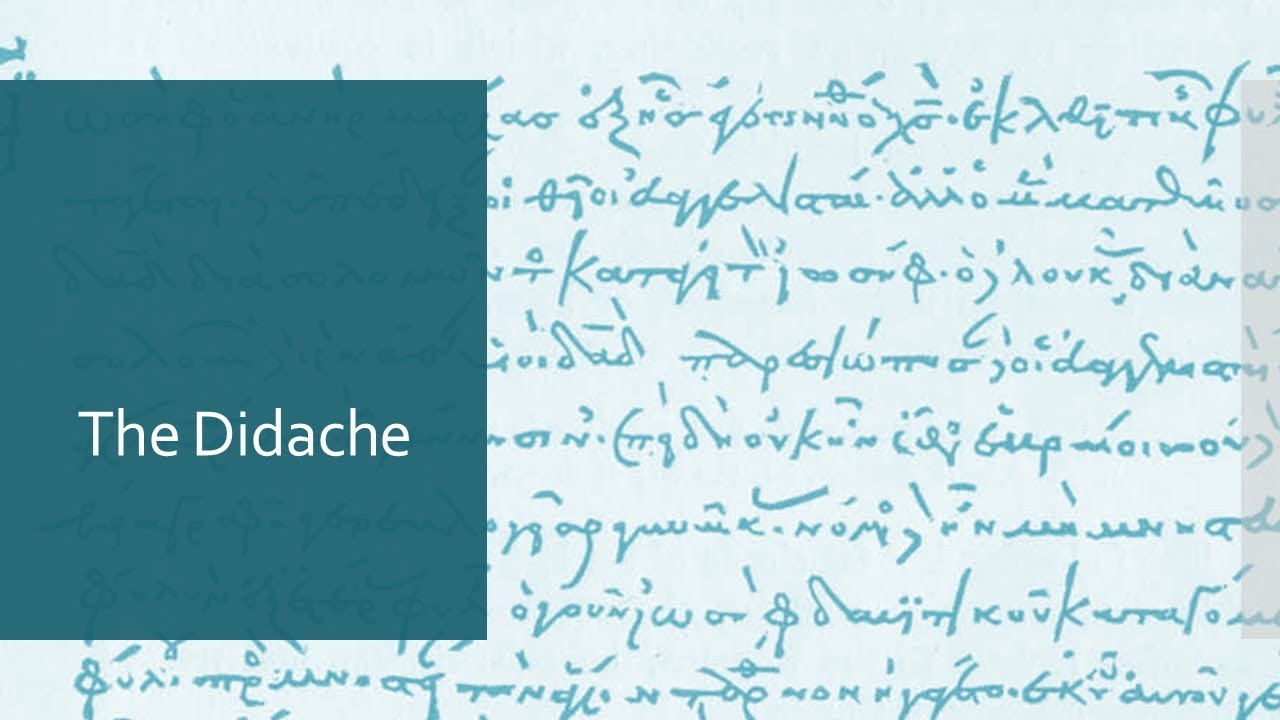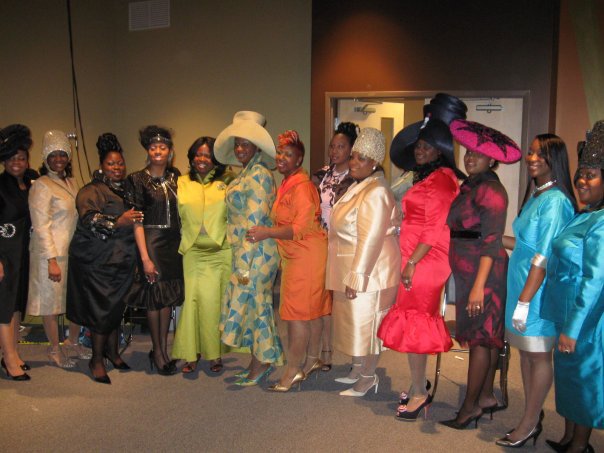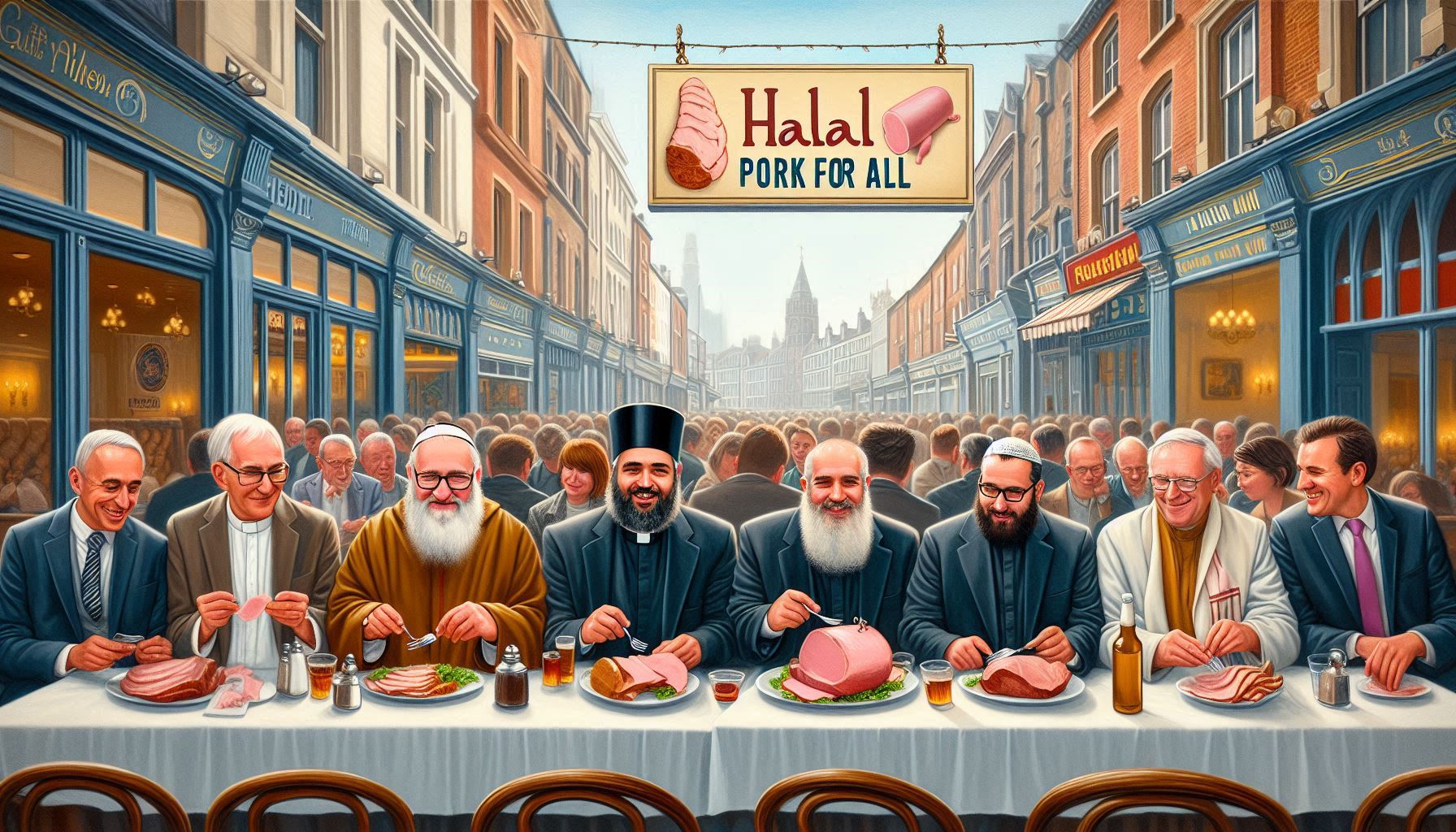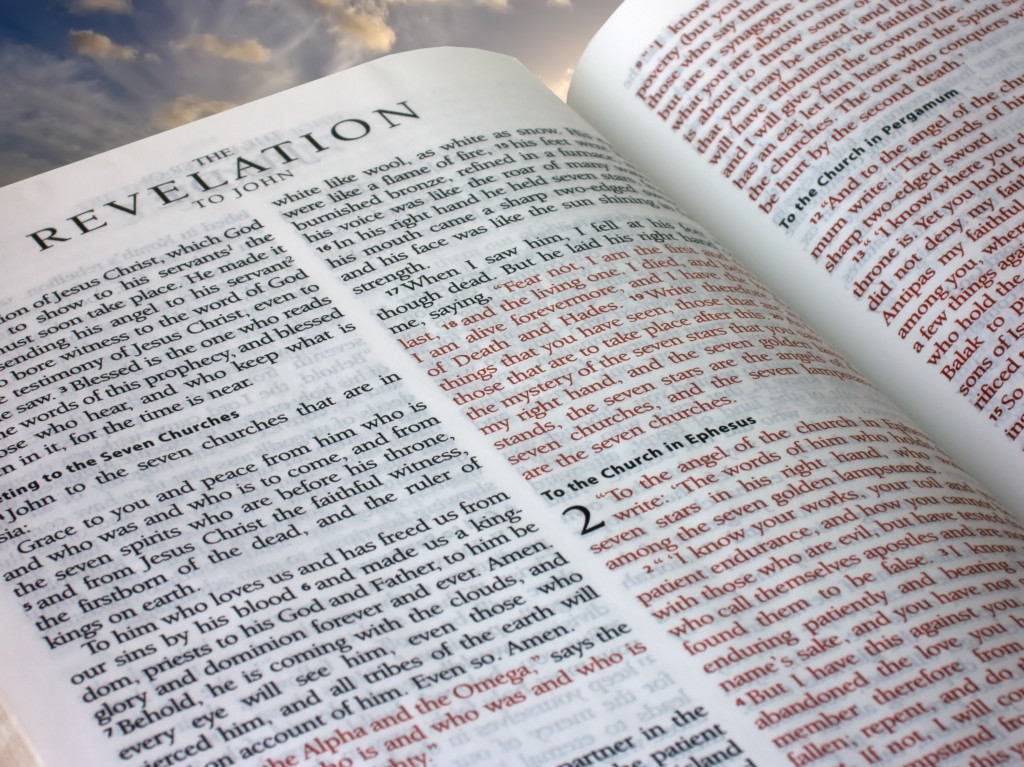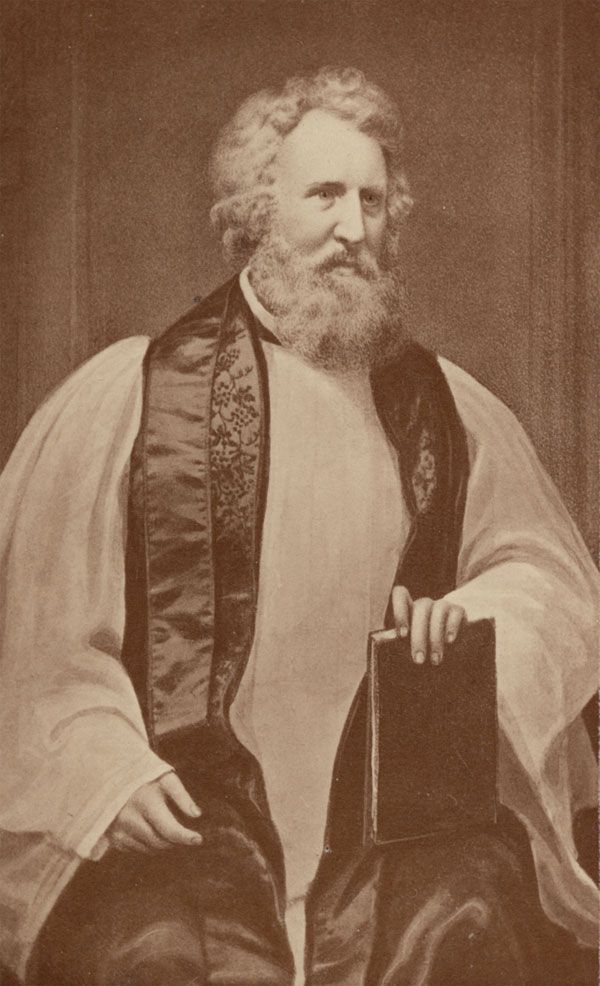BIBLE VIEW OF POLYGAMY
The Right Reverend John Henry Hopkins,
Bishop of the Diocese of Vermont.
Right Reverend Sir: I venture to dedicate to you these few pages, which
derive their inspiration from your writings. An admirer, like yourself, of the
institutions of old, I should hardly have dared to declare these truths to a
perverse and self-glorifying generation, had I not been emboldened by the
example of one who so worthily wears the highest honors of the church. In
constructing my argument, therefore, as I have done, with paragraph after
paragraph of your very words, it has been because I felt it necessary to shield
myself behind your authority from the charge, which ignorant presumption
might else have brought, of irreverently travestying the Word of God. A race
which can stigmatize as “twin relics of barbarism” two institutions such as
slavery and polygamy, which are divinely sanctioned if not divinely ordained, is
capable of any act of irreligious fanaticism. The Utah expedition failed to accom-
plish the destruction of the one ; let us hope that the present abolition war will
prove equally unsuccessful as to the other. To aid in the good work, then, let us
bend our united energies to the task of forcing the light of truth through the
accumulated darkness of our so-called modern civilization, in the hope that the
time is not far distant when every citizen may have as many slaves as Abraham,
and as many wives as Solomon.
Trusting that you will accept my co-operation in the spirit in which it is
tendered, I beg leave to subscribe myself
Your humble admirer,
MIZPAH.
Polygamy may be defined as the union for life of a man with two or more
women. And this kind of union appears to have existed as an established
institution in all the ages of our world, by the universal evidence of all history,
whether sacred or profane.
This understood, I shall not oppose the prevalent idea that polygamy is an
evil in itself. A physical evil it may be ; but this does not satisfy the judg-
ment of its more zealous adversaries, since they contend that it is a moral
evil — a positive sin in a man to be married simultaneously to more than one
woman.
Here, therefore, lies the true aspect of the. controversy. And it is evident
that it can only be settled by the Bible. For every Christian is bound to
assent to the rule of the inspired Apostle, that “sin is the transgression of the
law,” namely, the law laid down in the Scriptures by the authority of God —
the supreme “Lawgiver who is able to save and to destroy.” From his Word
2
there can be no appeal. No rebellion can be so atrocious in his sight as that
which dares to rise against his government No blasphemy can be more un-
pardonable than that which imputes sin or moral evil to the decrees of the
eternal Judge, who is alone perfect in wisdom, in knowledge, and in love.
If it were a matter to be determined by my personal sympathies, I should
be as ready as any man to condemn the institution of polygamy, for all my
prejudices of education, habit, and social position stand opposed to it. But,
as a Christian, I am solemnly warned not to be “ wise in my own conceit,”
and not “to lean to my own understanding.” As a Christian, I am com-
pelled to submit my weak and erring intellect to the authority of the Al-
mighty. For then only can I be safe in my conclusions, when I know that
they are in accordance with the will of Him, before whose tribunal I must
render a strict account at the last great day.
I proceed, accordingly, to the evidence of the sacred Scriptures, which, long
ago, produced complete conviction in my own mind, and must, as I regard it,
be equally conclusive to every candid and sincere inquirer.
The first appearance of polygamy in the’Bible is in the case of Lamech,
fifth in descent from Cain, whose two wives, Adah and Zillah (Gen. iv. 19 —
23) are mentioned by the inspired writer without any expression of repro-
bation, or any allusion to the transaction being unusual or irregular. Intro-
duced thus early, it may be regarded as among the primal principles of human
society, though our knowledge of antediluvian times is too scanty to enable
us rightly to determine its extension and prevalence. It is probable, how-
ever, that the great duration of existence might well render men cautious
how they bound themselves for life to more than one partner whom incom-
patibility of temper might render distasteful after a few centuries.
For several generations after the Deluge, population was not sufficiently
dense to render polygamy frequent. Accordingly the first who revived the
time-honored custom appears to have been Esau, as might have been ex-
pected from his vigorous nature and ardent character. lie seems to have
contented himself with three wives, Judith, Bashemath and Mahalath. (Gen.
xxvi. 34 ; xxviii. 9 ; xxxvi. 2, 3.)
If the descendants of Cain and Esau, however, be regarded as somewhat
questionable sponsors for the custom, all doubt as to its righteousness is re-
moved by the example of the patriarch Jacob, the blessed of Heaven. His
union with Leah and Rachel is well known, as well as the amiable zeal with
which his wives supplied him with supplementary consorts in the persons of
their handmaidens, Billah and Zilpah (Gen. xxix. xxx.); while the blessings
subsequently promised to him and to his posterity show that his plurality
of wives was sanctioned in the highest and most direct manner.
Polygamy being thus divinely approved, it became a recognized part of the
domestic economy of the chosen people, as we learn from the direct rule
established by the wisdom of God for Israel, on the very point in question.
“ If a man have two wives, one beloved, and another hated, and they have
borne him children, both the beloved and the hated ; and if the first-born son
be hers that was hated ;
“ Then shall it be when he maketh his sons to inherit that which he hath,
that he shall not make the son of the beloved first-born before the son of the
hated, which is indeed the first-born.” (Deut. xxi. 15—1 T.)
With this law before his eyes, what Christian can believe that the Almighty
attached immorality or sin to the condition of polygamy, especially when one
may look in vain through the Mosaic regulations of marriage (Levit. xviii.)
for any limitations on the number of wives ?
The blessings vouchsafed to those who took to themselves numerous con-
UPB
sorts, and the lofty positions to which they arose show that in the eyes of
God and man they were pure from sin and worthy of all honor.
It is recorded of two judges of Israel, Ibzan and Abdon, that the one had
thirty sons and thirty daughters, while the other had forty sons, showing
conclusively that their gynecea were abundantly peopled. ( Judges xii. 9, 13.)
That the Prophet Samuel — the asked of God — sprang from a father, Elkanah
the Levite, who had two wives (I. Samuel i.), is sufficient reproof to those who
impiously use the word bigamist as a term of contumely and reproach.
David, the man after God’s own heart, before he was thirty-seven years of
age, had taken to wife Michal, Ahinoam, Abigail, Maacah, Haggith, Abital,
and Eglah (II. Samuel iii.) ; while he was living with them all, God prospered
him and made him king over Israel and Judah, and the prophet Nathan
announced to him the favor of the Lord, to him and to his generation. Even
his indiscretion in adding Bathsheba to the list was readily pardoned, and the
union was blessed in the birth of Solomon.
Solomon, wisest of men, “ had seven hundred wives, princesses, and three
hundred concubines.” (I. Kings x i. 3.) In this, he sacrificed himself to the
vindication of the great principle of polygamy, for the tempter easily found
admittance among such a multitude, and seduced him to follow strange gods —
a warning to us all to be moderate, even in what is right.
Such, then, is the institution of polygamy, laid down by the Lord God of
Israel for his chosen people, and continued for fifteen centuries, until the new
dispensation of the Gospel. What change did this produce ? I grant, of
course, that we, as Christians, are bound by the precept and example of the
Saviour and his apostles. Let us now, therefore, proceed to the all-important
inquiry, whether we are authorized by these to presume that the Mosaic sys-
tem was done away.
First, then, we ask what the divine Redeemer said in reference to polyg-
amy. And the answer is perfectly undeniable : He did not allude to it at
all. Not one word upon the subject is recorded by any of the four Evange-
lists who gave His life and doctrines to the world, even when He repealed the
Mosaic law of divorce. {Matt, xix., Markx.) Yet polygamy was in full exist-
ence at the time throughout Judea, and among the scattered Jews for centuries
later, as we learn from Justin Martyr {Dial, cum Tryphone adv. Judseos ) and
Theophjdact {Comment, in I. Epist. ad Timoth.). Even as late as 393,
Theodosius the Great, in his ignorant zeal, endeavored to put an end to
it, by a law which was continued in force by Justinian in the Sixth century
{Const. 7 Cod. Lib. I. Tit. ix.). How prosperous would be the present and
how glorious the future of Utah, if the eloquent and pertinacious declaimers
against polygamy had been willing to follow their Saviour’s example !
But did not our Lord substantially repeal the old law by the mere fact
that he established a new dispensation ? Certainly not, unless they were
incompatible. And, that he did not consider them incompatible is clearly
proved by his own express declaration. “ Think not,” saith he, “that I am
come to destroy the law or the prophets. I am not come to destroy, but to
fulfil.” {Mat. v. 17.) On that point, therefore, this single passage is perfectly
conclusive.
But the precepts and the conduct of St. Paul himself, the great Apostle of
the Gentiles, are all sufficient, because he meets the very point, and settles the
whole question. Not only do his admonitions concerning marriage (I. Corinth.
vii.) contain no prohibition of polygamy, but in his directions concerning the
choice of bishops, priests, and deacons (I. Tim. iii. 2-12 ; Tit. i. 6), he
specially requires them to be men of one wife, thus tacitly, but fully, allowing a
plurality of consorts to the laity of the faithful.
4
The evidence of the, New Testament is thus complete, plainly proving that
the institution of polygamy was not abolished by the Gospel. Compare now the
course of the ultra reformer with that of Christ and his inspired apostle. The
divine Redeemer openly rebukes the sanctimonious Pharisees. He spares not
the infidel Sadducees. He denounces the hypocritical Scribes. He calls the
royal Herod “that fox.” He censures severely the Jewish practice of divorcing
their wives for the slightest cause. He makes a scourge of small cords, and
drives the buyers and sellers out of the temple. Yet he lived in the midst of
polygamy, maintained in accordance with the Mosaic law, and uttered not one
word against it ! What proof can be stronger than this, that he did not
regard it as a sin or a moral evil ? And what contrast can be more manifest
than this example of Christ on the one hand, and the loud and bitter denun-
ciations of our anti-polygamy preachers and politicians, calling themselves
Christians, on the other ? For they not only set themselves against the Word
of God in this matter, but — strange to say — they do it in the very name of
that Saviour whose whole line of conduct was the very opposite of their own !
Yet I do not mean to charge the numerous and respectable friends of this
popular delusion with a wilful or conscious opposition to the truth. They are
seduced, doubtless, in the great majority of cases, by the feelings of a false
philanthropy, which palliates if it does not excuse, their dangerous error.
Living far away from Utah, with no practical experience of the institution,
and accustomed from childhood to attach an inordinate value to the individu-
ality of the domestic relation, they are naturally disposed to compassionate
the Utah wives, and to believe that they must be supremely wretched in their
subdivision of a husband’s affection. They are under no special inducement
to “search the Scriptures” on this particular subject, nor are they in general,
I am sorry to say, accustomed to study the Bible half as much as they read
the newspaper, the novel, and the magazine.
Thus the mistaken bigotry of the community, acting through the time-serv-
ing pliancy of politicians, has disfigured our statute-books with laws which
place a ban upon this patriarchal institution. Noble Christian souls in our
midst, yearning to revert to the hallowed rites of old, are obliged to practise
them covertly, and under the opprobrious name of bigamists are tracked and
persecuted as felons, martyred like the primitive Christians under Decius and
Diocletian. When some, bolder than the rest, founded on the banks of the
Mississippi a community, which they fondly hoped by its happiness and purity
might convert a stiff-necked generation, they were driven from their homes by
uncontrolled fanaticism. When, after sufferings unspeakable, these martyrs
of Scriptural faith at length found a refuge in the far distant desert, and their
prosperity testified to their righteousness, still the persecutor was upon their
heels, and the whole nation, as Mr. Floyd’s acceptances will testify, poured
forth its money like water for the pitiful pleasure of reforming their domestic
observances.
Shall we boast that we are wiser, purer, better than the men who walked
with God ? Is it not time that we should confess our worldly wisdom to be
ignorance, and lean with simple faith on the law that is written ? Let the
infidel and abolitionist prate of purity and domesticity : but let us imitate the
noble example of our Southern brethren, who are ready to sacrifice all that
the world holds dear in defence of patriarchal institutions. Returning to the
principles ordained and sanctioned in the Book of books, we may hope to see
arise amongst us new Jacobs and Samuels, Davids and Solomons.


